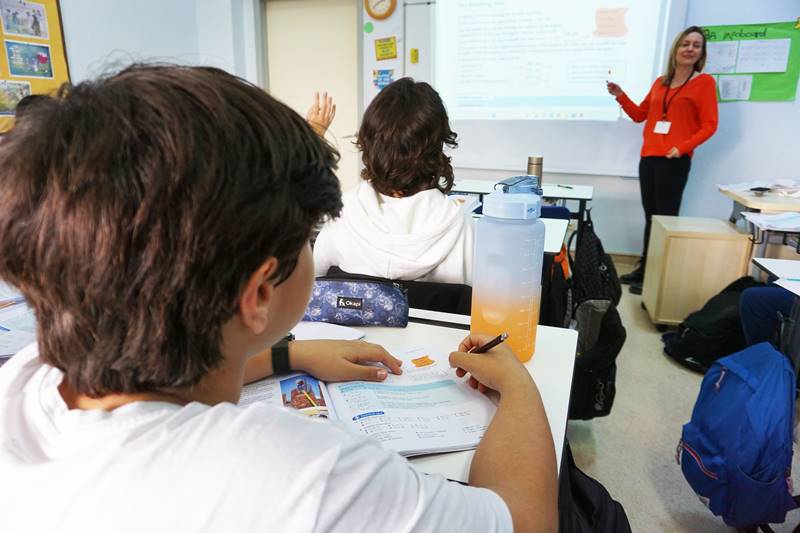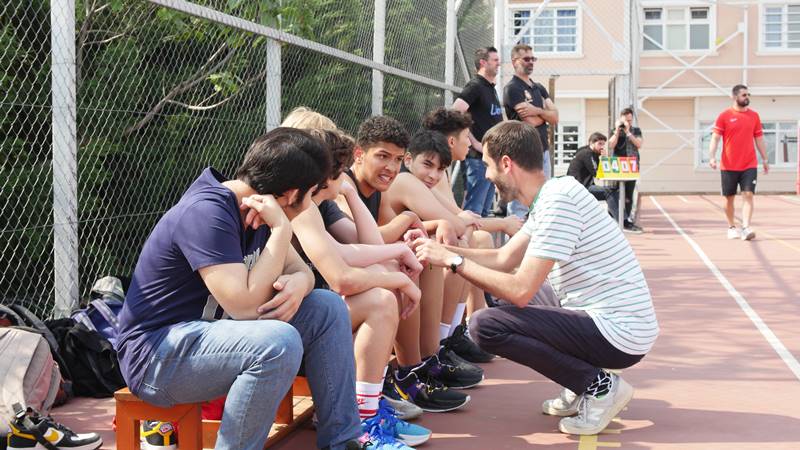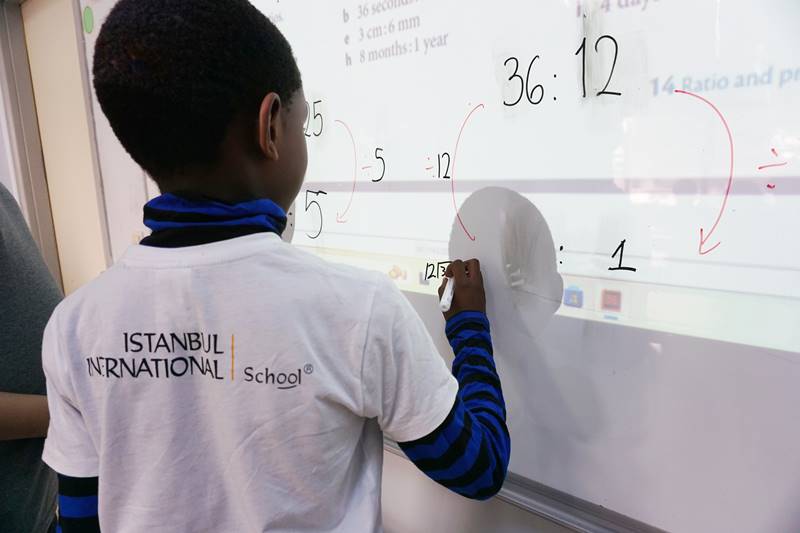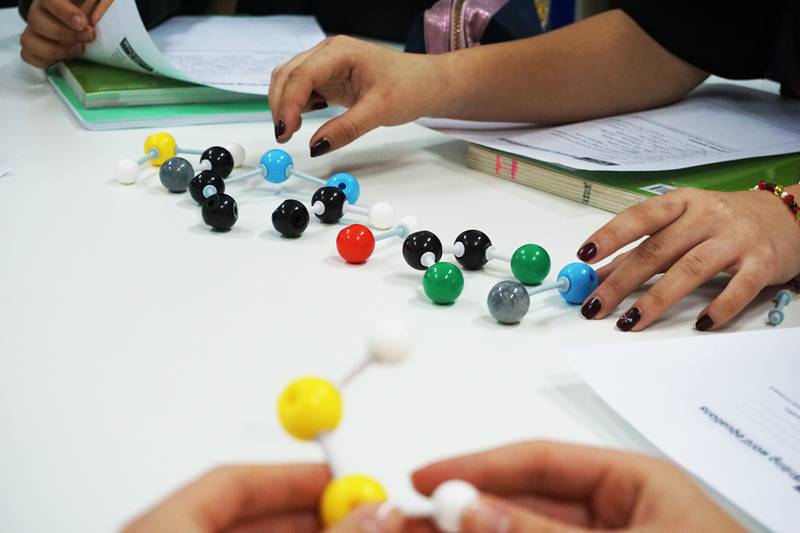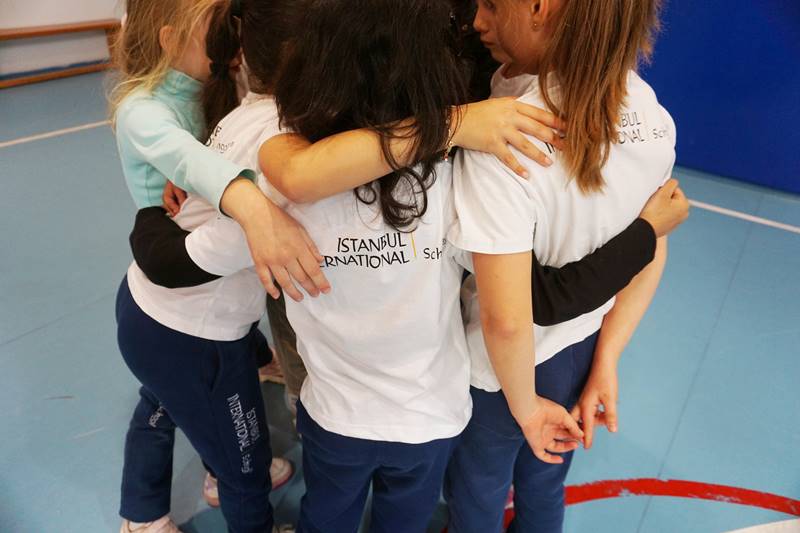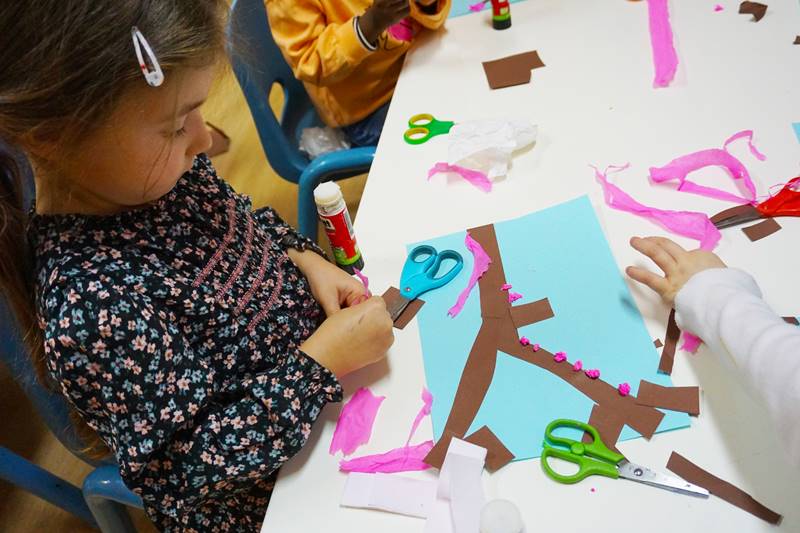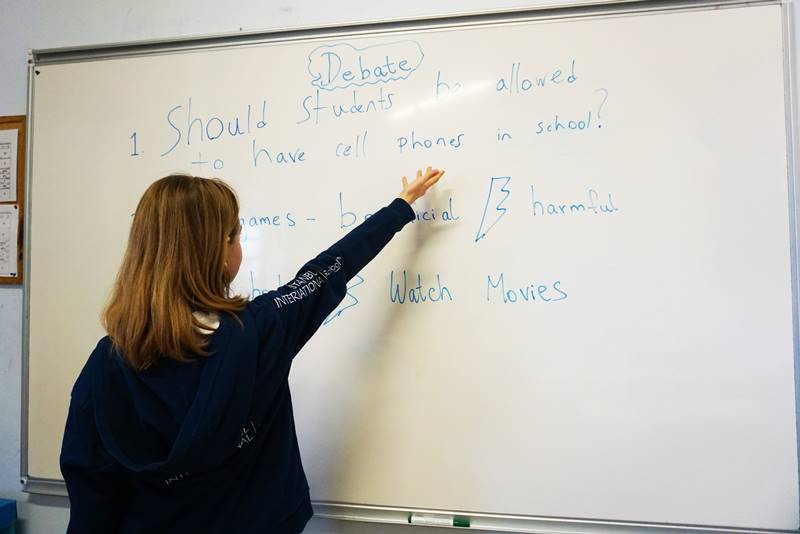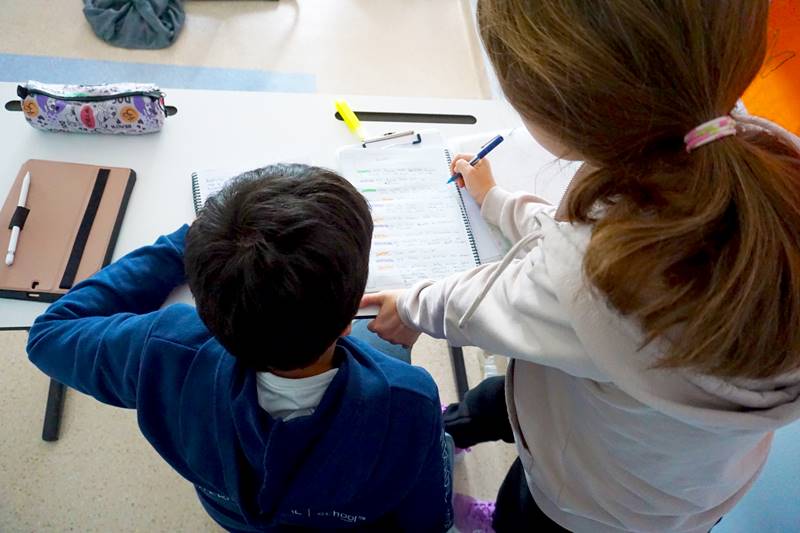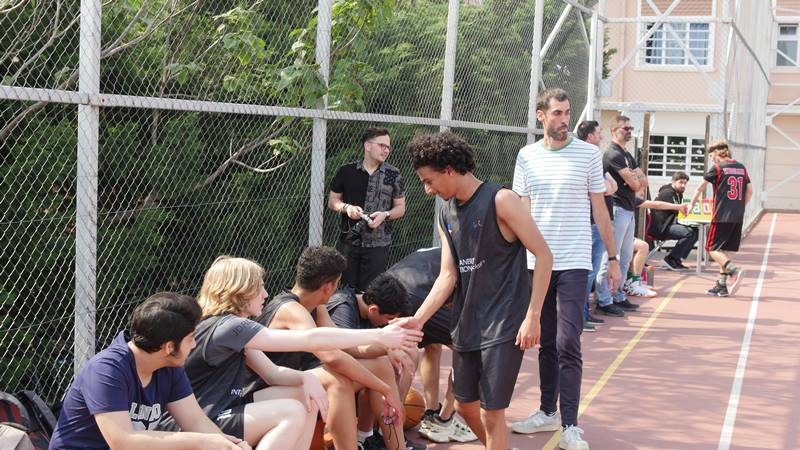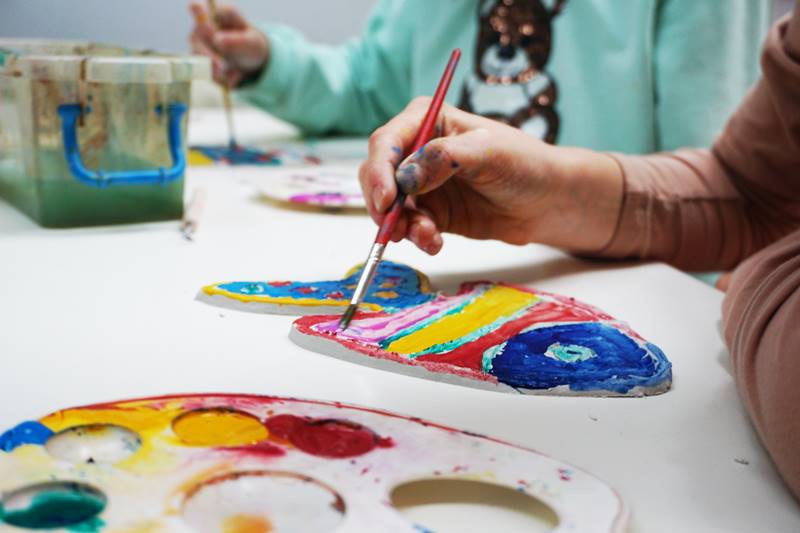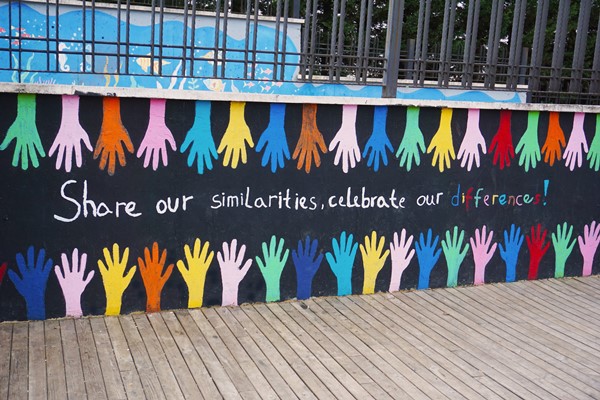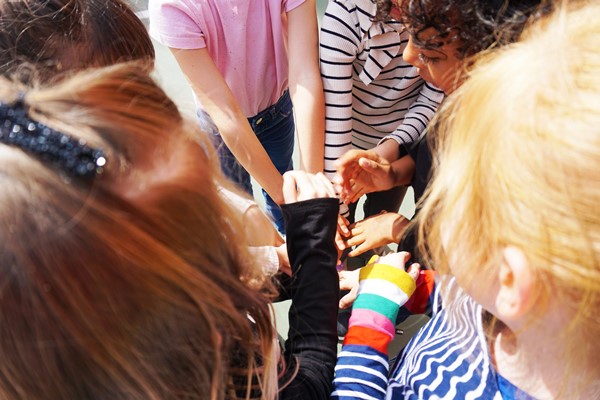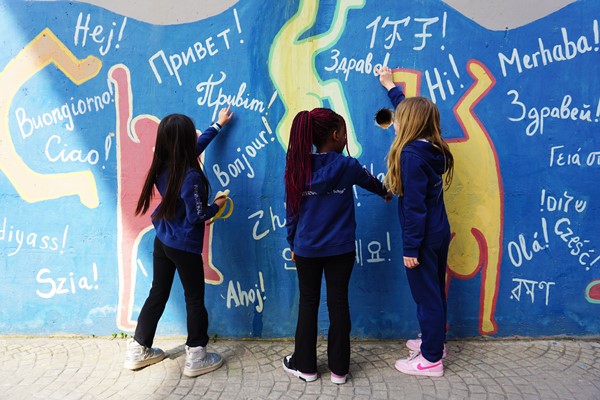Our Values
At Istanbul International School, our values form the cornerstone of everything we do. These values, the guiding principles that shape our school’s culture, drive our actions, and inspire our students. We firmly believe that education extends far beyond textbooks and classrooms; it is about instilling a strong moral compass, fostering personal growth, and preparing our students to become responsible global citizens.
Istanbul International School is committed to a child-centred curriculum that addresses the needs of our students in a changing world and facilitates their transfer to international or national schools.
Our secular curriculum strives to incorporate the experiences, culture and perspectives of our students and their families and considers the all-round development of the individual by encouraging curiosity, reflection and questioning, with an emphasis on sharing knowledge rather than competition.
We foster an understanding of human values such as love, respect, trust, self esteem and responsibility. Staff, students and parents are expected to meet each other with respect, acceptance and friendship.
We aim for academic excellence with the understanding that all children have different abilities, skills and interests.
We consider students of all ethnic backgrounds, nationality and different religions to be an asset in our school and educational concept.
We support bilingualism and biculturalism. This is reflected in our approach and our curriculum choice and in teacher recruitment.
Independent thinking and confidence
Independent thought and the confidence to express and defend one’s ideas and opinions are necessary and important.
Students will:
- Show initiative in their learning
- Have the freedom and time to develop and express their own opinions and ideas
- Have opportunity to debate
- Participate in a community which values ideas
- Exchange ideas informally across the curriculum
Expertise in reasoning and problem solving
Through the development of their logical reasoning students will become adept problem solvers, skilled in number sense as well as application of this knowledge.
Students will:
- Do their own thinking with confidence in their ability to figure out how to solve a particular problem
- Solve problems in many different ways
- Have strong intuitive thinking about numerical quantities and relationships
- Apply their knowledge in a variety of mathematical areas (algebra, geometry)
- Exchange points of view about mathematical thinking
- earch for explanations about structures and systems of the physical, earth and life sciences
- Use appropriate scientific methods of inquiry to plan and implement projects and experiments which test their hypotheses
- Observe phenomena in the classroom and the world around them carefully record data and look for patterns and general principles
- Seek out relevant information from relevant sources
- Present findings clearly and convincingly
- Use technology effectively
Proficiency in language
Language is essential for communication, our students will become fluent readers, skilled writers, confident speakers and thoughtful listeners in at least two languages
Students will:
- Read with interest and comprehension from literature in a variety of genres cultures and times
- Discuss analyse and share interpretations
- Write with clarity and purpose carefully considering their intended audience
- Confidently listen, speak, read and write in at least two languages as they work across the curriculum
- Use technology for research presentations and to publish original writing.
Thoughtful active membership of society
The ability and desire to participate in democracy stems from the development of civic responsibility and a sense of belonging in every individual.
Students will:
- Develop historical perspective, understand patterns of continuity and change over time with a sense of empathy for people over different times
- Demonstrate ethical thinking and a concern for human rights
- Understand human and environmental interaction, the effect of humans on the environment, structures and places
- Understand and compare basic economic systems, as well as specific economic problems that face all societies
- Recognize and understand political and social systems and their relationship to the development of laws and a sense of social justice
- Connect learning at school with lives at home and members of local society
- Appreciate multicultural aspects of society
Creative expression
Children need opportunities to express their unique views about the way they see their world as an individual.
Students will:
- Develop artistic literacy
- Attend create and perform theatrical productions
- Design and build settings and props
- Participate in music and combine understanding appreciation and practice to make music
- Create original works of visual art
- Produce and publish original creative writing
- Use computer technology and multimedia to create original learning aids
